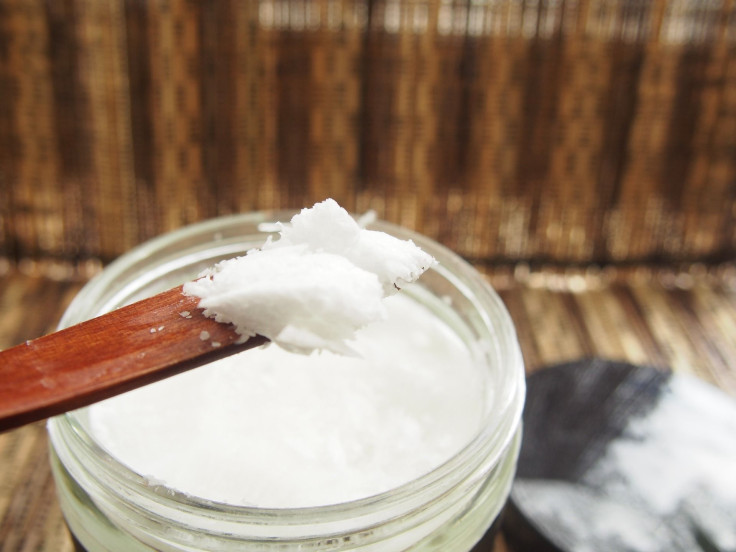Coconut Oil Raises Bad Cholesterol, According To Advisory By The American Heart Association

Bad news, coconut oil addicts: it may not be that good for you. The American Heart Association released an advisory last week warning people that coconut oil raises LDL cholesterol (what we typically think of as the bad kind). Coconut oil, as the American Heart Association explains, is 82 percent saturated fat, which is about the same as butter, beef fat and palm oil.
Read: Eating Your Favorite Fast Food Delicacy Increases Chances Of Dying Earlier
This warning was published in the Dietary Fats and Cardiovascular Disease advisory by the organization. Dr. Frank Sacks, M.D., lead paper author and professor of cardiovascular disease prevention at the Harvard School of Public Health, said one of the biggest problems is that people believe trends that aren’t rooted in science, citing coconut oil as an example. In a release by the American Heart Association, Sacks said he’s not sure who’s pushing the food, but it’s definitely not scientists, theorizing it could be manufacturers or countries who depend on it economically.
Sacks believes that despite the decrease in saturated fat consumption, Americans are still eating too much, which many health professionals believe is detrimental to your heart. According to the World Heart Federation, eating too much saturated fat can lead to high cholesterol, which in turn can lead to plaque build-up on your artery walls. Too much build-up increases your risk of heart disease.
However, recent studies indicate that saturated fat might not be the villain it’s been made out to be. A study from earlier this year indicated that saturated fat consumption is not linked with heart disease, stroke or diabetes.
"This idea that dietary saturated fats build up in the coronary arteries is complete unscientific nonsense," Dr. Aseem Malhotra, co-author of the controversial study and consultant cardiologist at London's Lister Hospital, told CNN.
The team of that study said that healthy people don’t need to worry about saturated fat, but instead can reduce risk of heart disease by walking 22 minutes a day, keeping stress at bay and eating non-processed food, according to CNN.
But, not all medical professionals agreed with this study. Dr. David Nunan, senior researcher at the Centre for Evidence Based Medicine at the University of Oxford, told CNN that one of the studies used in that research paper actually supported the current belief that saturated fats are bad. And Sacks also argued to CNN at the time that the authors used an outdated methodology when arriving at their conclusion.
Read: Hate That Double Chin? Kybella Offers Non-Surgical, Though Costly, Alternative To Liposuction
The American Heart Association recommends limiting saturated fat to no more than 5 to 6 percent of your total calories. Instead of coconut oil, or butter, the organization advises use canola, safflower, sunflower or olive oil when cooking as well as unhydrogenated oil in processed foods.
See Also:
Heart Disease Update 2017: Heart Patients Might Find Help In Traditional Chinese Medicine
The Dark Side Of Vegetables: Which To Eat And Which To Pass Up



























